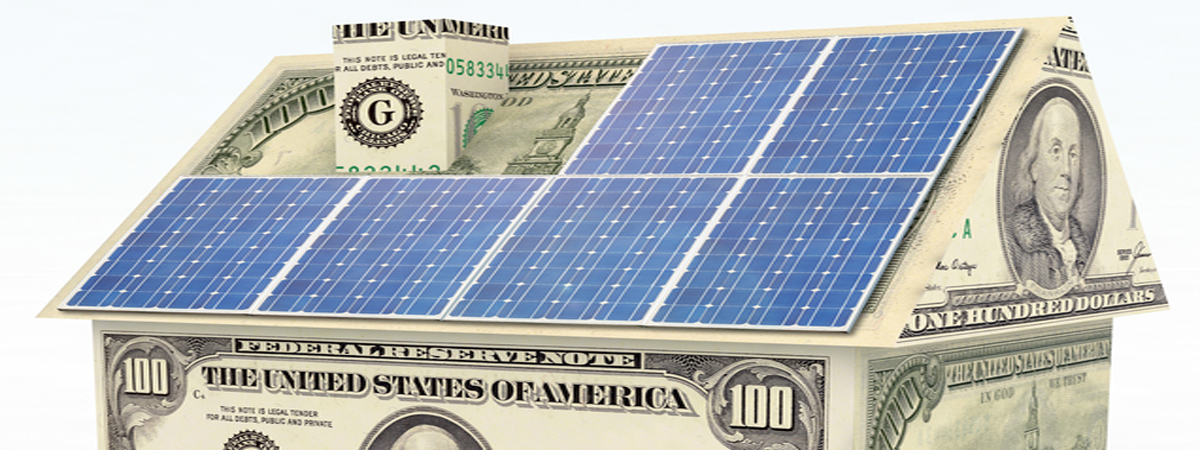Solar tax credits reign from a tax incentive program launched by the federal government to encourage businesses and individuals to use solar energy to supplement their grid energy requirements. Because solar energy is a clean and renewable energy source, there is considerable effort to try and get more people to tap into solar energy and reduce their dependence on less sustainable energy sources.
What are solar tax credits?
It might help for us to start by defining what a tax credit is. Basically, a tax credit is a reduction in the total amount of taxes that you owe the government. Traditionally, tax credits have been used by governments to encourage people to do something by giving them the incentive to pay less than the total amount of tax they owe. In this particular case, the government is working to encourage businesses and homeowners to install and use solar energy to supplement their normal grid electricity requirements. In order to do this, the government offers a tax credit for the installation and use of solar energy.
How do solar tax credits benefit you?
Known as the Federal Investment Tax Credit for Solar Energy Systems, the tax credit runs until December 2016 and in essence offers up to 30% tax credit to either one or all of the three types of solar installations namely photovoltaic; solar heating & cooling, and concentrating solar technology. What this means is that the government commits to reducing your tax bill with up to 30% of the cost of installing your solar system if it falls in any of the three categories.
This means that in a nutshell, the government is offering to subsidize up to 30% of your installation costs and hence presents a significant cost saving to your total solar system installation costs. To illustrate this point, suppose you install a solar water heating system that costs $50,000. Assuming that you qualify for a 30% solar tax credit, it means that your total tax bill will reduce by $15,000 or 30% of $50,000. This as you can see is a significant reduction to your total tax bill.
Applying for solar tax credits
When it comes to tax, it is always best to consult a tax expert who will give you much more precise information on whether you qualify for solar tax credits and what percentage will apply to you. Remember that the Federal Government places restrictions on who can qualify to solar tax credits and who cannot. Some of these conditions include that you must already be paying enough federal taxes to cover the tax credit that you are eligible for.
For example, in the illustration I gave above, your total federal tax must be more than $15,000 for the tax credit to apply. You must also own the home that the solar system is being installed. You must also own the solar panels that you install, which then excludes the hundreds of homeowners who prefer to lease solar panels rather than buy them. Talking to your tax consultant will give you a clearer idea of whether you qualify for this solar tax credit and what percentage rate will be applicable to you.
In addition to all the great benefits of installing solar energy system in your house or business, the Federal Government solar tax credit system provides yet another incentive to go the solar energy way. There is very little doubt that the answer to the world’s energy question lies partly in renewable and green energy sources like the sun. How solar energy can work for you is something that a professional solar energy installation company can discuss with you. It is the right time now for you to start tapping into the renewable source of energy and save some money while doing so.











